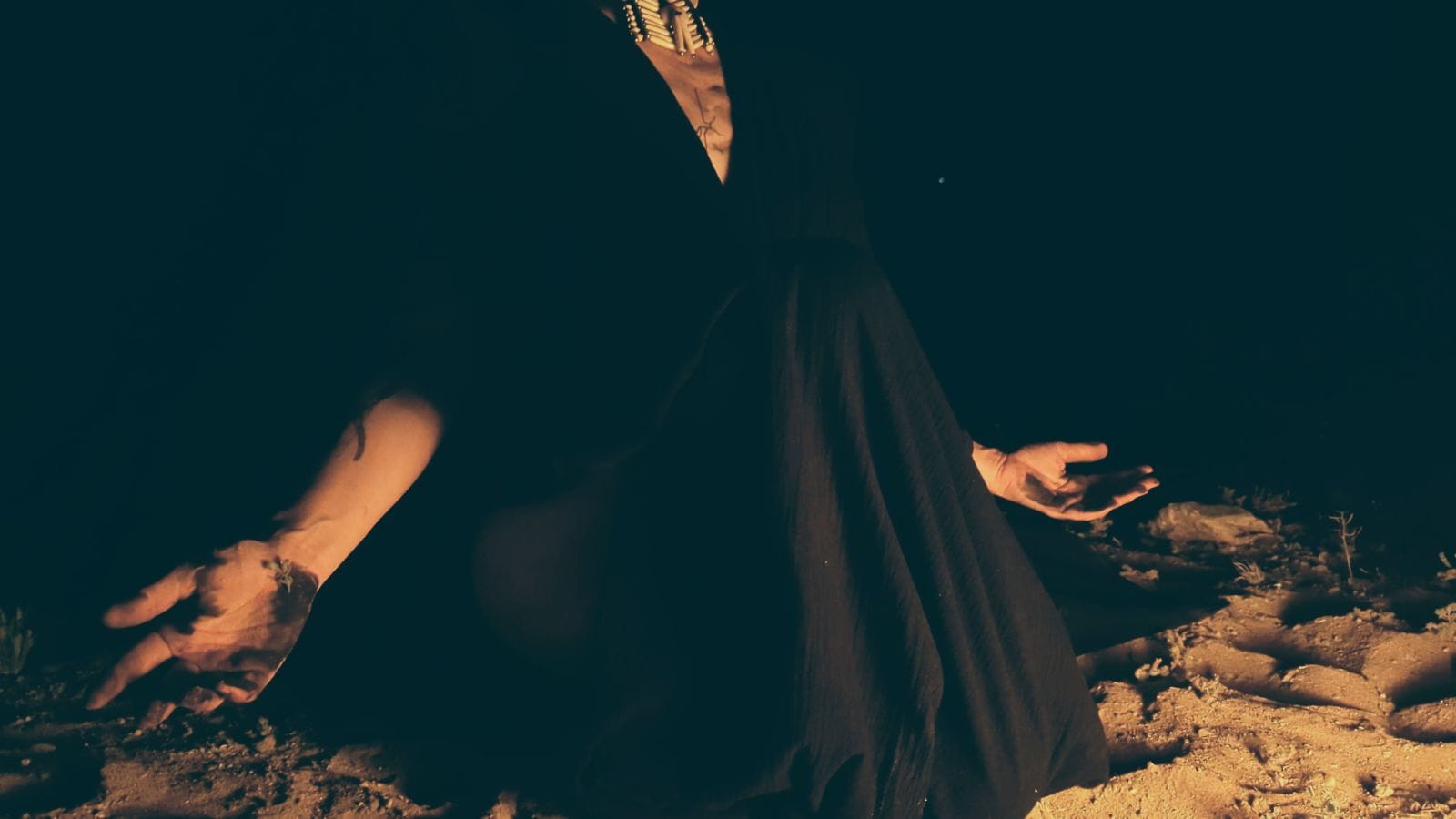This kind of work is earned

A treatise on Ascendent Ritual
This work is participatory. It is demanding of discipline, of belief, of preparation. It highlights shortcomings, shortcuts, and insecurity. The results you achieve are based on the effort you put in: in knowing thyself, in forging the thought patterns that work towards your will, in curating mindfulness and careful attentiveness. This is magick: this is what makes it real.
There is an industry, a very profitable one, that would like you to believe that magick just happens for a price. That if only you pay the right price, you can bypass the work of magick. They frame the inner work required as healing, but false healing: healing that doesn’t require you to look inward too deeply, healing that looks like lush palm trees and swimming pools and sound baths, healing that comes automatically from hearing the right frequency, taking the right substance, or buying the right clothing. There are practitioners that will take your money and tell you that all you need to do to manifest prosperity is to buy their book, their workshop, their jewelry, their incense, their candles. To outsource your power to them. Their will is not teaching or guidance, because they are the new priesthood: interpreting energy and doctrine for you in the ways that benefit them.
Spirituality has been subsumed by a capitalist culture more willing to consume than to participate in it. And consume it does, to the tune of $3.6 billion dollars in 2023[1]. But when we consume spirituality as a convenience, what do we really gain? And how are we supposed to even begin to understand the difference between real spiritual practice and so-called spiritual products?
We must start with practice, and understand that spirituality without practice is often superficial. While the quantum reality underlying the principles of magick exist whether or not we engage with them in an intentional way, we can only expect magick to work for us if we understand these principles and learn to work with them. Likewise, we cannot expect practitioners to guide or heal us who are themselves not disciplined and educated in their respective areas of expertise. We also cannot expect their work to benefit us if we have done no preparation ourselves to receive it.
So what is ritual? What is practice?
Rituals are defined as a set of actions performed according to an established sequence, mainly for their symbolic value. Or at least, this is the dictionary definition. However, I think most of us would agree that this definition, and much of the use of the word “ritual” in colloquial English is reductive. At their core, rituals aim to achieve some purpose, and have been the cornerstones of social cohesion for millenia. In order to create new rituals, we must have an understanding of the elements we are including in these rituals, and enter into ritual space with clarity of thought and intention.
Practice is the sequence of disciplined and consistent behaviors that enable us to perform rituals that achieve their purposes. Without practice, our rituals often mean nothing at best, and at worst create outcomes that are undesirable. Practice may include consistent meditation, journaling, reworking of thought patterns, fasting, purposeful exercise, stretching, the creation of art, spiritual research or education, and so on, but generally consists of some combination of these.
Yet, so many of us are so busy. Life gets in the way of consistent practice, and especially in the way of the aspects of spiritual practice that are difficult: working with the unwanted, painful, or dark aspects of ourselves is often something that we simply don’t want to do because it may get in the way of our performance in our other social roles. It is unfortunate, because these are the aspects of spiritual practice that enable breakthroughs to truly ascend to the level of attainment we were meant to reach in this incarnation.
The way to overcoming these limitations is to reconcile them within your magickal practice. Accept the frustration and the difficulty: honor it. Build your life around the work that matters, avoiding the distraction of easy answers and expensive workshops and social media style consumptive spirituality. When we begin to build our social roles around the work, we find that they are less disrupted by the difficult nature of that work.
Finally, it is important to realize that this work for most of us doesn’t take place alone. The curation of space for our community members to do this work is critical, and our support of one another as we all traverse this landscape is as well. While sometimes magick is a solitary endeavor, other times we must listen to the voices of our ancestors called over drums: practice and rituals were almost always community activities.
So if you are here, you know why. Perhaps you didn’t know at first, but now, hopefully you can begin to see. I wish for this to become an introduction to an accessible, in-person community of people looking to deeply participate and do the work so that we may all work magick together. This work is earned, but it does not have to be discordant with life, painful and isolating. It will be beautiful, supported, and accompanied, if only we all allow ourselves to rethink the way we do magick, and the way we do community. This is ascendent ritual: this is reclaiming our power.
Welcome to the coven. Let’s make magick together.
Siin
[1] Source
